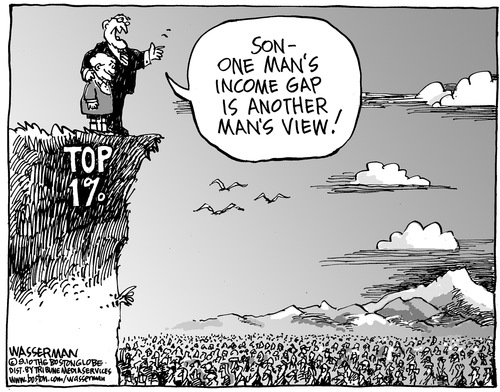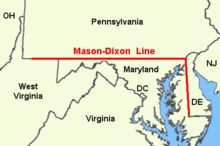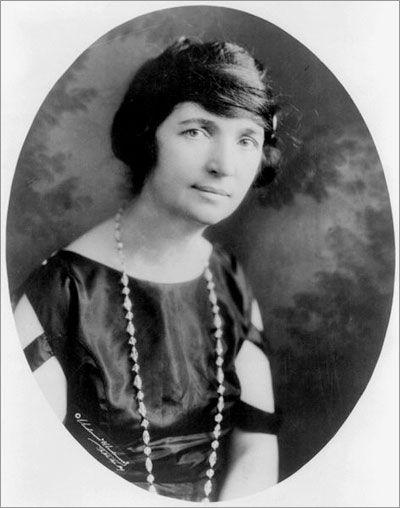This is your morning Open Thread. Pour your favorite beverage and review the past and comment on the future.
October 20 is the 293rd day of the year (294th in leap years) in the Gregorian calendar. There are 72 days remaining until the end of the year.

On this day in 1973, Solicitor General Robert Bork dismisses Watergate special prosecutor Archibald Cox; Attorney General Richardson and Deputy Attorney General Ruckelshaus resign in protest. Cox had conducted a detailed investigation of the Watergate break-in that revealed that the burglary was just one of many possible abuses of power by the Nixon White House. Nixon had ordered Richardson to fire Cox, but he refused and resigned, as did Ruckelshaus when Nixon then asked him to dismiss the special prosecutor. Bork agreed to fire Cox and an immediate uproar ensued. This series of resignations and firings became known as the Saturday Night Massacre and outraged the public and the media. Two days later, the House Judiciary Committee began to look into the possible impeachment of Nixon.
The Saturday Night Massacre was the term given by political commentators to U.S. President Richard Nixon‘s executive dismissal of independent special prosecutor Archibald Cox, and the resignations of Attorney General Elliot Richardson and Deputy Attorney General William Ruckelshaus on October 20, 1973 during the Watergate scandal
Richardson appointed Cox in May of that year, after having given assurances to the Senate Judiciary Committee that he would appoint an independent counsel to investigate the events surrounding the Watergate break-in of June 17, 1972. Cox subsequently issued a subpoena to President Nixon, asking for copies of taped conversations recorded in the Oval Office and authorized by Nixon as evidence. The president initially refused to comply with the subpoena, but on October 19, 1973, he offered what was later known as the Stennis Compromise-asking U.S. Senator John C. Stennis to review and summarize the tapes for the special prosecutor’s office.
Mindful that Stennis was famously hard-of-hearing, Cox refused the compromise that same evening, and it was believed that there would be a short rest in the legal maneuvering while government offices were closed for the weekend. However, President Nixon acted to dismiss Cox from his office the next night-a Saturday. He contacted Attorney General Richardson and ordered him to fire the special prosecutor. Richardson refused, and instead resigned in protest. Nixon then ordered Deputy Attorney General Ruckelshaus to fire Cox; he also refused and resigned in protest.
Nixon then contacted the Solicitor General, Robert Bork, and ordered him as acting head of the Justice Department to fire Cox. Richardson and Ruckelshaus had both personally assured the congressional committee overseeing the special prosecutor investigation that they would not interfere-Bork had made no such assurance to the committee. Though Bork believed Nixon’s order to be valid and appropriate, he considered resigning to avoid being “perceived as a man who did the President’s bidding to save my job.” Never the less, Bork complied with Nixon’s order and fired Cox. Initially, the White House claimed to have fired Ruckelshaus, but as The Washington Post article written the next day pointed out, “The letter from the President to Bork also said Ruckelshaus resigned.”
Congress was infuriated by the act, which was seen as a gross abuse of presidential power. In the days that followed, numerous resolutions of impeachment against the president were introduced in Congress. Nixon defended his actions in a famous press conference on November 17, 1973, in which he stated,
“…[I]n all of my years of public life, I have never obstructed justice. And I think, too, that I can say that in my years of public life that I’ve welcomed this kind of examination, because people have got to know whether or not their President’s a crook. Well, I’m not a crook! I’ve earned everything I’ve got.”

 Robert Reich
Robert Reich 


 Welcome to the Stars Hollow Health and Fitness weekly diary. It will publish on Saturday afternoon and be open for discussion about health related issues including diet, exercise, health and health care issues, as well as, tips on what you can do when there is a medical emergency. Also an opportunity to share and exchange your favorite healthy recipes.
Welcome to the Stars Hollow Health and Fitness weekly diary. It will publish on Saturday afternoon and be open for discussion about health related issues including diet, exercise, health and health care issues, as well as, tips on what you can do when there is a medical emergency. Also an opportunity to share and exchange your favorite healthy recipes. 
 Eugene Robinson:
Eugene Robinson: 
Recent Comments